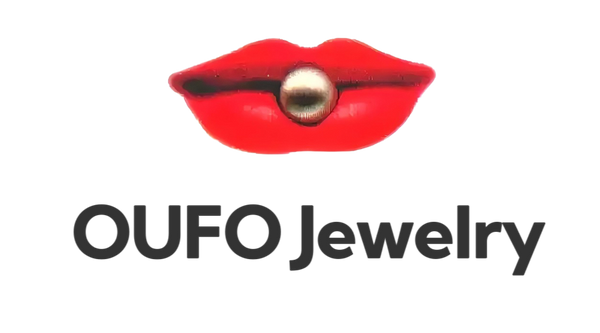Sustainable Jewelry: Ethical Choices for Conscious Shoppers
Share
Meta Description: Explore how to shop for sustainable jewelry. Learn about ethical sourcing, recycled metals, conflict-free stones, and responsible brands making a positive impact.
Introduction
Jewelry is a symbol of beauty, elegance, and emotion—but it can also be a reflection of your values. With growing awareness of environmental impact and human rights, more consumers are choosing sustainable jewelry. In this guide, we’ll explore what makes jewelry sustainable, why it matters, and how you can make ethical choices without compromising on style or quality.
1. What Is Sustainable Jewelry?
Sustainable jewelry is made with environmental and ethical considerations in mind. This includes:
Responsibly mined or recycled metals
Conflict-free gemstones
Fair labor practices
Minimal environmental impact during production
Suggested Image: Visual comparison of traditional mining vs. recycled jewelry process.
2. The Problem With Traditional Jewelry Practices
Mining Concerns:
Deforestation
Water pollution
Exploitation of labor, including child labor
Gemstone Trade Issues:
Conflict diamonds (also known as blood diamonds)
Lack of transparency in supply chains
Tip: Look for certifications like Fairmined, Kimberley Process, or Responsible Jewellery Council.
3. Recycled and Upcycled Materials
Recycled metals reduce the need for mining and use significantly less energy to process.
Common Recycled Materials:
Gold and silver from old jewelry, electronics, or industrial sources
Vintage stones remounted into new designs
Upcycling Example: Turning an heirloom brooch into a modern necklace.
Suggested Image: Before-and-after photo of upcycled jewelry.
4. Ethical Gemstones: Conflict-Free and Lab-Grown
Conflict-Free Stones:
Mined in regions without financing war or abuse
Traceable supply chains
Lab-Grown Diamonds:
Identical in composition to natural diamonds
Less environmental impact
Tip: Ask for documentation when buying diamonds or colored stones.
5. Top Sustainable Jewelry Brands
1. Mejuri – Uses recycled gold, transparent sourcing
2. Brilliant Earth – Offers lab-grown and conflict-free diamonds
3. Catbird NYC – Handmade using recycled metals
4. Vrai – Sells zero-emission lab-grown diamonds
Suggested Image: Brand logos or eco-themed jewelry packaging.
6. Questions to Ask Before Buying
Is the metal recycled or responsibly mined?
Are the gemstones traceable or lab-grown?
Does the brand use ethical labor practices?
Are packaging materials eco-friendly?
Bonus Tip: Choose local or handmade options to reduce carbon footprint.
7. Sustainable Jewelry Care and Longevity
Tips for Long Life:
Store pieces in a dry, soft-lined box
Clean using eco-friendly products
Avoid harsh chemicals and excessive moisture
Repair Instead of Replace:
Extend life through resizing, re-plating, or re-setting stones
Suggested Image: Eco-cleaning kit and storage suggestions.
8. Why Choose Sustainable Jewelry?
Environmental Benefits:
Less pollution, fewer emissions
Social Impact:
Supports fair labor, safe conditions, and community development
Personal Values:
Reflects commitment to sustainability and ethical living
Quote: “Jewelry should tell a beautiful story—one that includes the people who made it and the planet that sustains us.”
Conclusion
Sustainable jewelry allows you to shine with both elegance and integrity. By understanding the origins of your pieces and choosing ethical options, you contribute to a movement that values people, planet, and purpose. Whether you’re buying a gift or treating yourself, make it a choice that sparkles with meaning.

